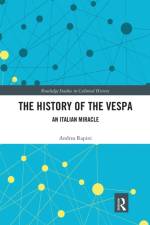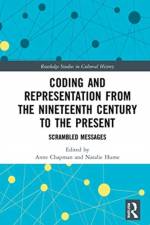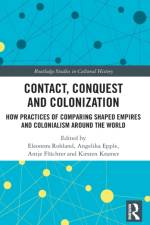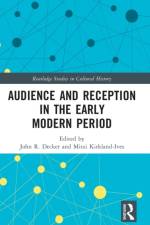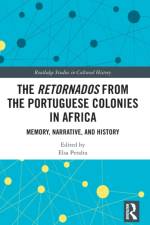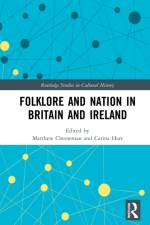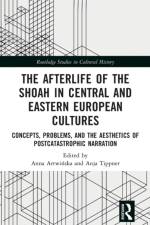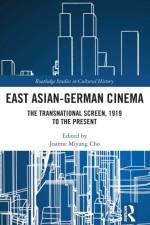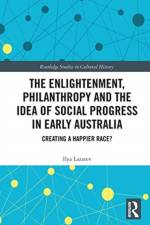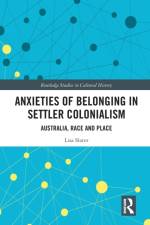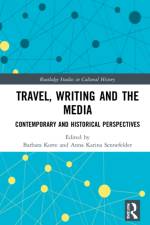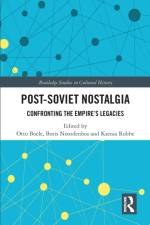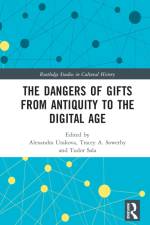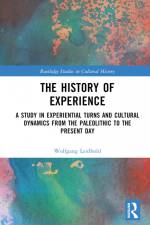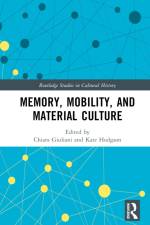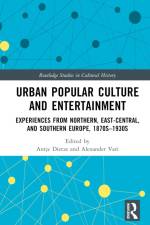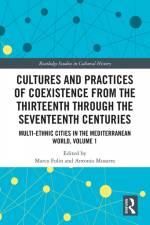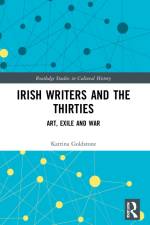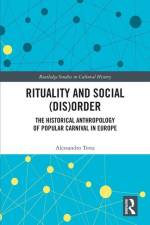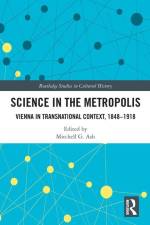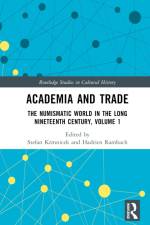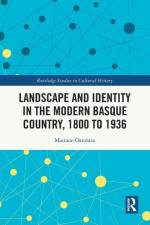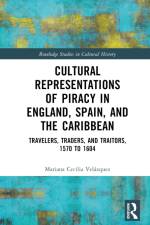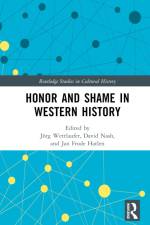1 868
Focusing on the Portuguese Empire, this book examines colonial press issued in "metropolitan" spaces and in colonies, disclosing dissonant narratives and problematizations of colonial empires.Creating and Opposing Empire is a venture of the International Group for Studies of Colonial Periodical Press of the Portuguese Empire (IGSCP-PE), which also invests on comparative studies and conceptual discussions. This book analyses representations of Empire at colonial press published in "metropolitan" spaces and in colonies. By joining these spaces in the same analytic look, it explores different problematizations of colonial empires. The diversity of angles discloses why a decolonized, democratic, understanding of the world modulated by modern colonial empires needs to navigate the seas of dissonant narratives of community, nation, and empire. The book deals with the ideas that in their complexity and dynamism, until late in the twentieth century, were moulded in the game between the cultural context of representations and the universality of concepts. The studies range from approaches to International Exhibitions, Metropolitan Press, Colonial Models, Missionary Press, Literary Discourses, Colonial and Postcolonial Press, Constructing the "Others", Anticolonial Press, Democracy, Dictatorship, Censorship, Colonial Prison's Press, among other themes. Its primordial focus on the Portuguese Empire, introduces perspectives rarely included in international discussions on colonial and imperial press histories.This book is essential for scholars and students in Media Studies, Modern History, Cultural, Literary Studies and Political Science.

